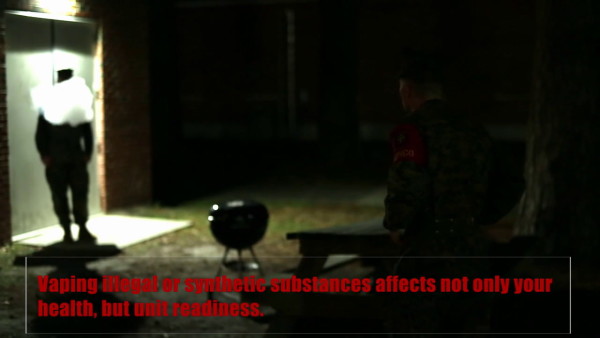

Just days after the Army, Navy, and Air Force announced their Exchanges would no longer sell e-cigarette products, two active-duty soldiers are being treated for vaping-related lung illnesses, according to The Wall Street Journal.
Army officials didn’t clarify to the WSJ what substances the two soldiers who are being treated used, nor did they discuss any further details about their cases.
In February, Military Times reported that vaping had become more popular with troops than cigarettes — 11.2% of soldiers said they regularly use e-cigarettes. But now those products are not available to soldiers, sailors or airmen at the Exchange, and they aren’t allowed to use them (or regular cigarettes) at VA health facilities.
“Until the U.S. Food and Drug Administration’s work with the Centers for Disease Control and Prevention and state health departments to collect information on e-cigarette and vape products is complete, the Army & Air Force Exchange Service is removing these products from its assortment, effective close of business Sept. 30,” an AAFES spokesman, Chris Ward, previously told Task & Purpose.
“Confirmed cases and deaths associated with e-cigarette use, or vaping, continue to increase,” the Army Public Health Center said in an update on Oct. 8. “Until we know more, everyone is encouraged to not use e-cigarette or vaping products.”
As of Oct. 1, 1,080 lung injury cases related to vaping had been reported to the Centers for Disease Control and Prevention, the agency announced on Oct. 3, and 18 deaths had been confirmed in 15 states. The majority of patients are male, and under 35 years old.
“Most patients report a history of using THC-containing products,” the CDC said. “The latest national and regional findings suggest products containing THC play a role in the outbreak.”
The symptoms that have been reported to the CDC include coughing, shortness of breath, nausea, chest pain, abdominal pain, and more.
